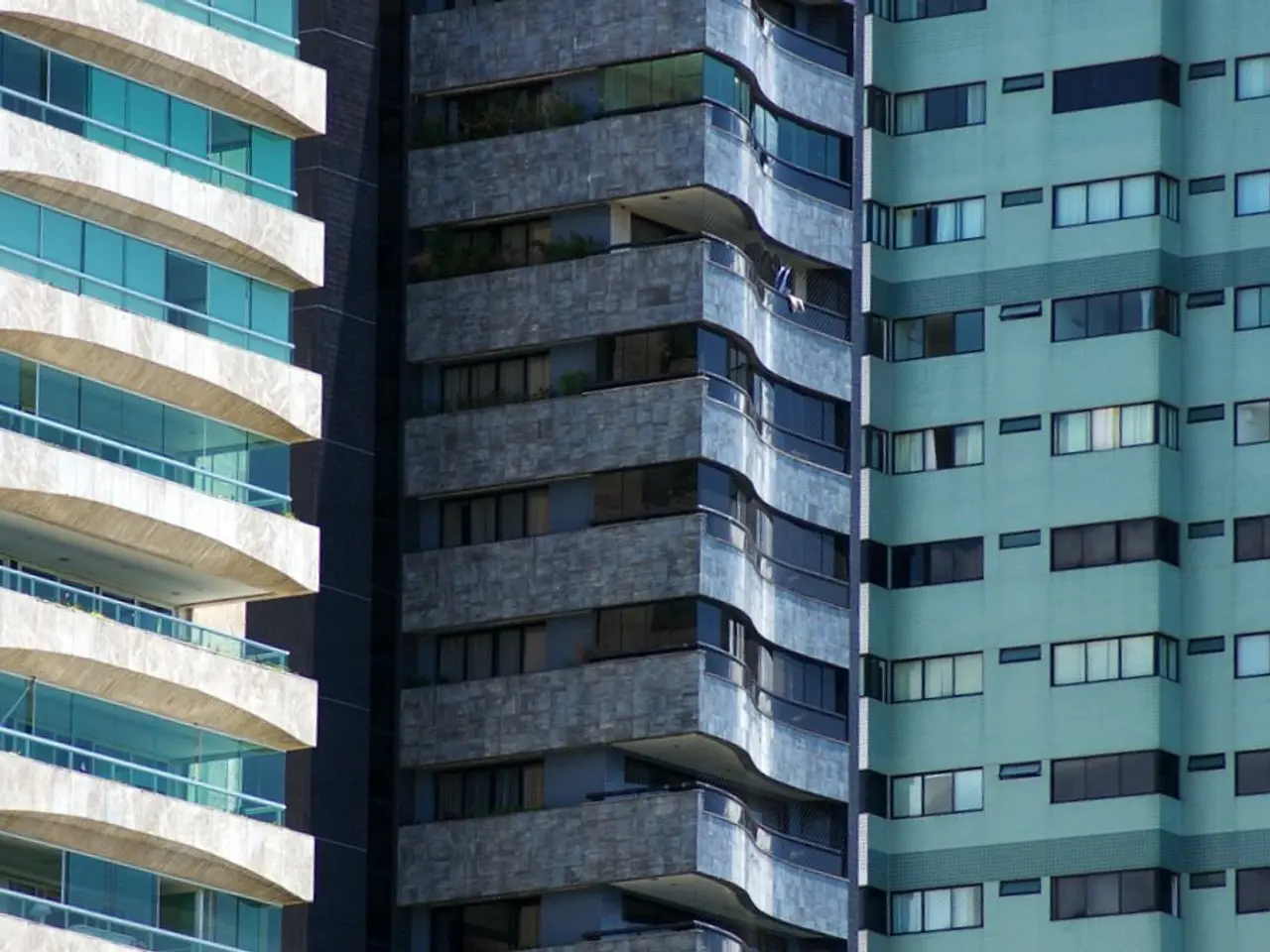Weekly Updates from the German Federal Diet (Bundestag)
The German government has announced its 2024 budget, prioritising economic recovery, internal and external security, social cohesion, and climate change through targeted investments and fiscal discipline. The total federal budget amounts to approximately €480.6 billion, a slight cut of about 2% compared to 2023, adhering to the constitutional debt brake but avoiding drastic cuts.
Economic Recovery and Investment
The government aims to boost growth primarily through investments and structural reforms, modernising infrastructure and stimulating the economy. Although fiscal consolidation remains important, there is a clear intent to support economic recovery amidst recent slowdowns.
External and Internal Security
Increased funding is allocated to strengthening Germany’s defense capabilities and migration management. The budget aligns with broader EU objectives to reinforce external border controls and internal security, reflecting concerns over geopolitical instability.
Social Cohesion
Investments are tailored to support social and territorial cohesion, aiming to reduce disparities and support employment. The budget aligns with EU policies to enhance fairness and inclusion across regions, promoting social stability.
Climate Change and Sustainability
Although the German budget itself does not detail all climate measures, the broader EU framework emphasizes competitiveness through clean and smart technologies. Germany’s investments in infrastructure and innovation indirectly contribute to climate goals, and EU cohesion policies also support sustainable economic convergence.
Additional Details
Ministries affected by budgetary constraints include foreign aid (BMZ) and foreign affairs (AA), which face significant cuts in 2025 but the overall strategy tries to minimise severe impacts. The government aims to balance fiscal responsibility with strategic investment, preparing for potential austerity measures from 2027.
The budget also includes provisions for the reform of the Building Energy Act, the introduction of a mandatory and comprehensive municipal heat planning (KWP), and an "income bonus" of 30 percent additional funding for self-occupying owners with taxable household income of up to €40,000. Funding for urban development and the Joint Task for Improving Regional Economic Structures (GRW) remains at a high level and will not be reduced.
The federal government adopted the draft budget 2024 and the financial planning until 2027 on July 5, 2023. The budget volume will not increase compared to the previous year, marking a return to normal budgetary times. The budget 2024 will be discussed in the Bundestag in the first reading and subsequently in the Budget Committee, and will be adopted in November.
Investments in the modernization of the country and a modern infrastructure are set at €54 billion. The budget strengthens social housing, with a total of €3.15 billion earmarked as program funds. The negotiations have particularly focused on tenants: thanks to a general cost cap on the allocation of investment costs for a heating system replacement, they should not be unduly burdened.
The budget for integration courses is significantly increased to €880 million. The federal government is providing over €20 billion for public development aid funds. The budget strengthens internal security, with €6.49 billion earmarked for the Federal Ministry of the Interior and Community. The budget of the Federal Ministry of Defense (BMVg) will increase to €51.8 billion in the 2024 budget.
The coalition factions have agreed on a funding concept that further develops and supplements the previous government draft. The concept includes a "basic funding" of 30% for all self-occupying owners, landlords, non-profit carriers, companies, and also municipalities. Early conversion of particularly old heating systems is rewarded with a "climate speed bonus" of 20%. Basic funding and bonuses can be combined up to a maximum funding rate of 70%.
With a net credit requirement of €16.6 billion, the budget is within the framework set by the debt ceiling. The budget for 2024 includes funds for the register census at the Federal Statistical Office and register modernization. Creating affordable housing remains one of the major challenges. The housing allowance reform also impacts this: housing allowance increases, benefiting more households, with €2.42 billion allocated for this purpose.
Political Priorities Highlighted in 2024 Budget
The German government's 2024 budget, following the announcement, emphasizes economic recovery, social cohesion, and climate change by allocating significant investments in modernizing infrastructure, social housing, and integration courses. It also strengthens internal and external security through increased funding for defense capabilities and migration management, aligning with broader EU objectives.
Budgetary Measures and Constraints
The budget exercises fiscal discipline by adhering to the constitutional debt brake, although some ministries, such as foreign aid and foreign affairs, face cuts in 2025. The strategy aims to balance fiscal responsibility with strategic investment, preparing for potential austerity measures from 2027.





